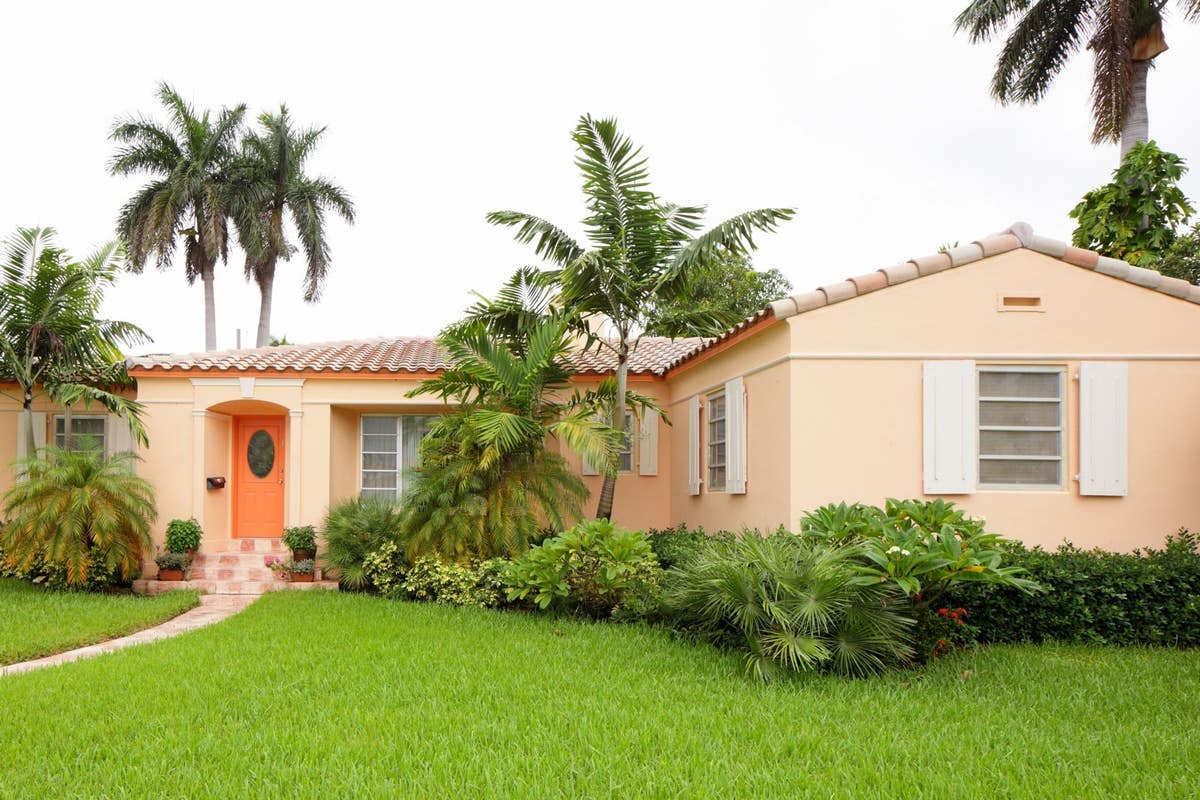How does Kin compare to Citizens?
Citizens is a necessary safety net, but it's a provider of last resort for a reason. Keep these things in mind when comparing coverage.

If you’re like most Floridians, especially those with homes near the coast, you’re probably familiar with Citizens Property Insurance Corporation. Established in 2002 by the state government, Citizens is a state-run insurer that offers coverage for those who can’t get homeowners insurance in Florida on the private market.
Citizens is a necessary safety net for many homeowners, but it’s important to remember that state-run providers are designed and intended to be the option of last resort.
Here are some things to keep in mind if you’re comparing coverage offered through Kin to coverage offered by Citizens.
Why Citizens Insurance may be cheaper
Citizens Insurance may be cheaper than the policies we offer from our carrier partners in certain cases, but there are several reasons for that. The first is simply that every insurance company has its own formula to calculate premiums for homeowners. Where one company may not hesitate to insure, say, an older home, another might see the same structure as risky and charge the owner a higher premium.
Another potentially more significant reason Citizens is sometimes cheaper is because it’s backed by the state. This means it doesn’t have to fully buy reinsurance like private insurance companies do. For instance, Citizens purchased only 76% of the reinsurance it had planned on getting in 2022 because it found the price unreasonable. That’s not an option for a private insurer.
Additionally, state law limits the amount of premium Citizens may charge as well as how much it can raise rates. This helps Citizens keep rates low, but it also creates a shortfall that could prove troublesome in a catastrophe.
How assessments work in Florida
Because Citizens is a not-for-profit insurer, it puts about 83% of every premium dollar toward claims and 15% specifically toward paying hurricane claims. Though that leaves a considerable reserve, an intense storm can easily exceed it. When that happens, Florida law requires Citizens to charge an assessment to cover the remaining damages.
All Florida policyholders are required to pay an assessment when a widespread disaster strikes and leaves the state-run provider at a deficit. However, Citizens policyholders are charged first and pay the brunt of the additional charges – up to 45% of their premium. If the shortfall still exists after that, private policyholders will only pay up to 2% in assessment charges.
That’s why, in the words of Citizens, “The true cost of a Citizens policy can increase dramatically following a major disaster.”
Let’s take a look at how this works in practice. Say you’re considering a $1,000 Citizens policy versus a $1,000 policy with another insurer.
Premium comparison guide
|
Citizens |
Private insurer |
|
|
Total yearly premium |
$1,000 |
$1,000 |
|
Potential assessment percentage |
45% |
2% |
|
Potential assessment total |
$450 |
$20 |
|
True policy cost |
$1,450 |
$1,020 |
You’d end up paying a lot more for Citizens coverage if you’re assessed.
It’s also worth noting this assessment doesn’t include an emergency assessment, a separate charge of up to 30% of your premium that can be levied over the course of several years. It applies for all Florida policyholders in an emergency, but again, it means Citizens policyholders bear most of the financial burden to help the state recover after a disaster.
Expect additional surcharges
Some surcharges apply to every home insurance policy sold in Florida. All policyholders pay the $2 Emergency Management Preparedness and Assistance Trust Fund (EMPA) fee. Plus, the Florida Hurricane Catastrophe Fund Assessment is paid by all insurers to restore the fund if an emergency depletes it.
But Citizens applies these additional surcharges to its home insurance policies:
-
Catastrophe Financing Surcharge
-
Tax-Exempt Surcharge of 1.75 percent
Alternatives to Citizens Insurance in Florida
For Floridians who prefer not to use Citizens, there are other options. The most common alternative is to buy insurance from a private insurance company.
Another option may be to self-insure. This is only a realistic alternative if you don’t have a mortgage but do have the resources to cover losses after a disaster strikes, including costs like rebuilding your home, temporary housing and other incidentals.
Optional coverages available from private insurers
Whereas a Citizens HO3 policy does offer standard coverages to protect your home, other structures, belongings, loss of use, personal liability, and medical payments, it doesn’t allow for as much customization.
For example, policies you can purchase through us offer these optional coverages in Florida that Citizens doesn’t:
-
Animal liability protection with no breed restrictions
-
Increased replacement cost coverage for your dwelling
-
Water backup coverage
Is Citizens a good insurance company?
Citizens can be a good option for homeowners in some cases. Specifically, Citizens can only offer policies to people when:
-
They can’t get coverage from a Florida-authorized insurer.
-
Premiums for coverage from Florida-authorized insurers are more than 20% higher than the premiums for comparable coverage from Citizens.
But as the above situations indicate, Citizens is truly an insurer of last resort. You can only get its coverage if you have no other options or you’ve been priced out of the market.
Related Posts:Keep exploring
Displaying post 1 / 3